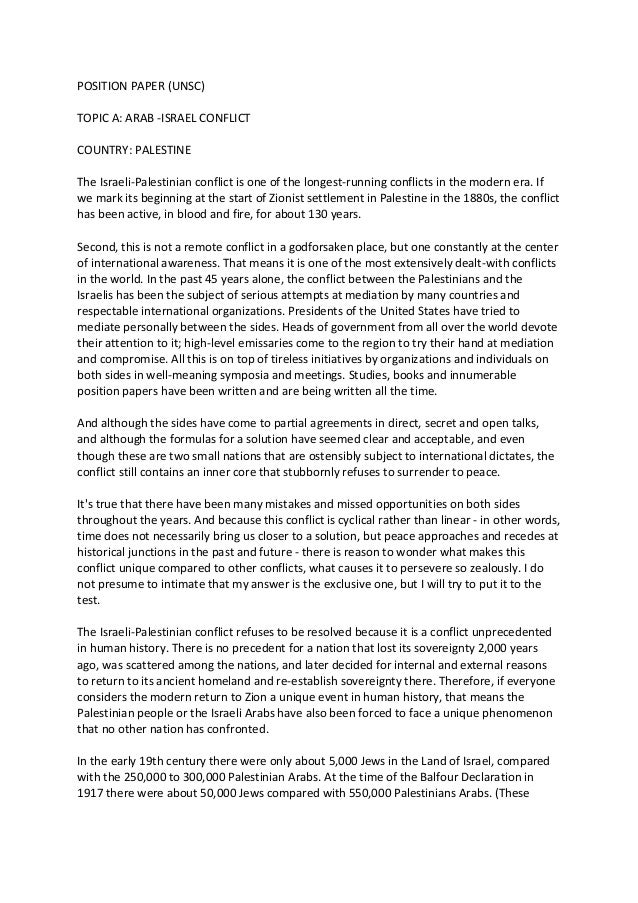Essay about Locus of Control - 1072 Words.
Locus of Control Essay After completing and evaluating my responses to the Locus of Control Assessment, my result was that I have an internal locus of control. An internal locus of control is when a person believes that they are generally in control of the events that affect their life. In my opinion, the assessment is right, I believe I control most of the events that happen in my life. Now.
The most widely used measure is the Multiple Health Locus of Control (MHLC) Scale (Wallston et al 1978), evaluating beliefs about health behaviours in general, and the variance in results might relate to individuals holding different beliefs depending on the situation. For example, an individual might have a high internal LOC for weight loss (i.e. they believe they are responsible and have the.
Locus of Control (Rotter, 1966) is a construct that is said to be part of our personality. It is a continuum which runs from a strong external locus of control at one end of the continuum to a strong internal locus of control at the other end.
Working in the essay writing business we understand how challenging it may be for students to write high quality the locus of control scale essay essays. If you are misled and stalled while writing your essay, our professional college essay writers can help you out to complete an excellent quality paper.
The concept of locus of control was developed by psychologist Julian Rotter, who devised the Internal-External Locus of Control Scale (I-E) to assess this dimension of personality. Studies have found that this test is a valid predictor of behavior typically associated with locus of control.
Www, 2008,) Trusty and McCann (1995) suggested that under contingent reward conditions, subjects with an internal locus of control (I. E., internals) desired more control over the procedures and types of tasks and performed better than did subjects with an external locus of control (I. E., externals), whereas subjects with an external locus of intro desired more control over the types of.
Locus of control (LOC) represents an enduring belief about the source of cause for, or control over, personal behavior and is typically polarized as internal (I) and external (E) (Rotter, 1966). Externals are more likely to find responsibility for their actions in other individuals, luck, chance, or situational factors beyond their control, which may contribute to lack of caution or fewer.









